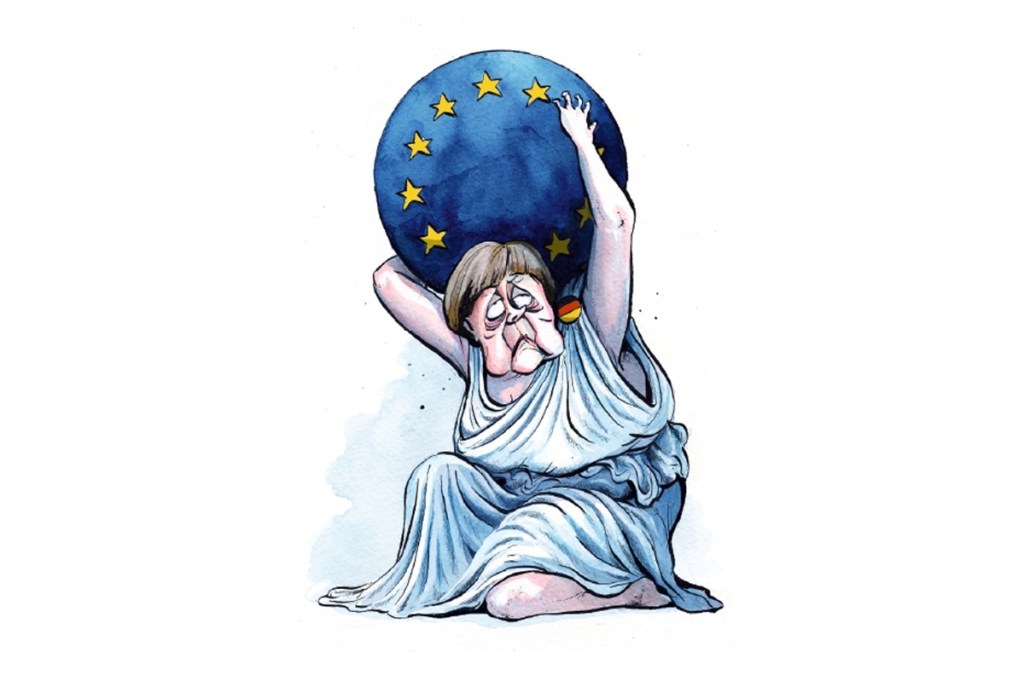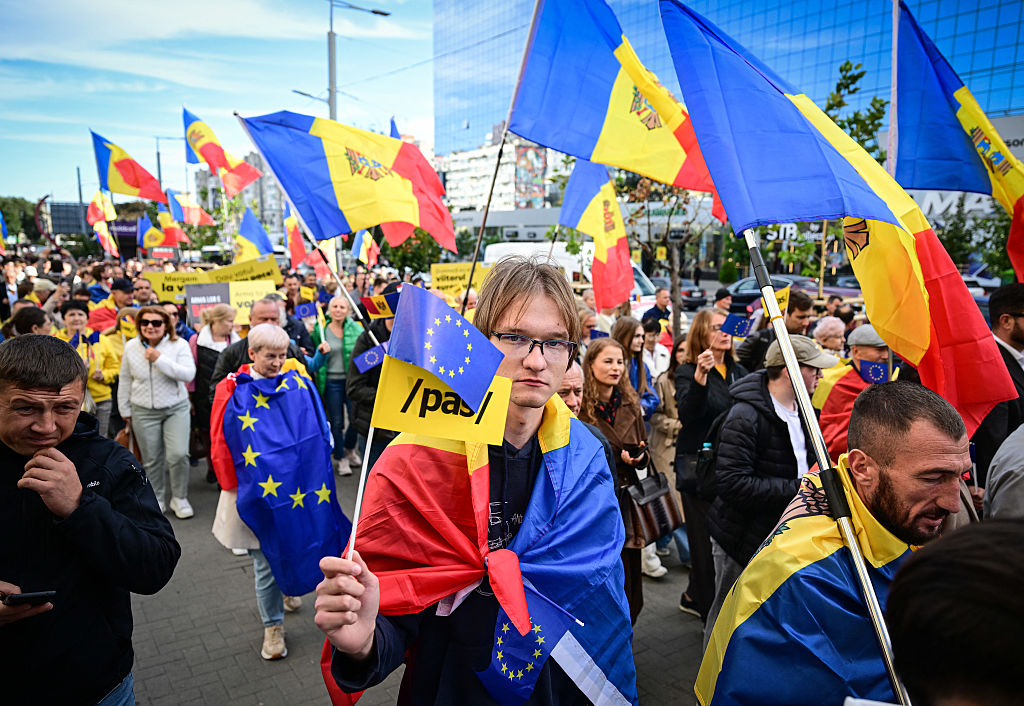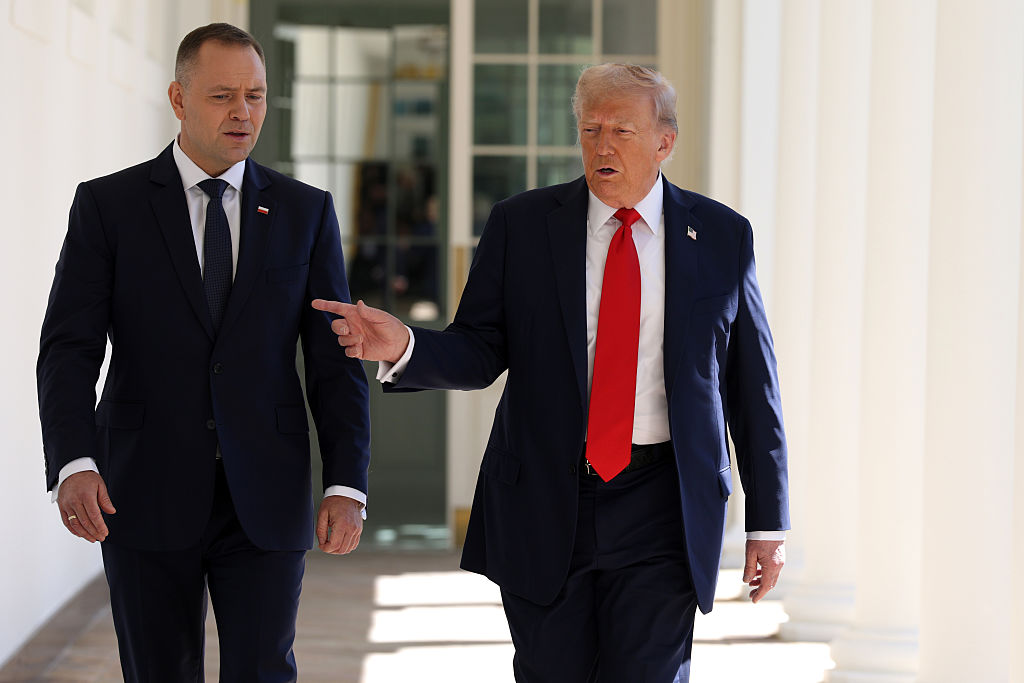Vetoes should no longer be allowed. Smaller countries should not be able to block the will of the ‘majority’. And the biggest countries, with the largest financial contributions, should be the ones that get to dictate policy. Ever since German reunification made the country by far the largest in the bloc, there has been a creeping German takeover of the European Union. But with the British no longer around to hold that back, it is starting to accelerate.
We had the clearest indication of that yet with a demand today for national vetoes to be ended. The German foreign minister Heiko Maas told a meeting of German ambassadors that ‘we can’t let ourselves be held hostage by the people who hobble European foreign policy with their vetoes’. According to Maas, if countries are allowed to stop the EU taking a decision ‘then sooner or later you are risking the cohesion of Europe. The veto has to go, even if that means we can be outvoted.’
At the moment, it appears to be the Hungarians who have especially irritated Germany’s foreign minister. The increasingly erratic government of Viktor Orbán has blocked EU calls for a ceasefire between Israel and Palestine, refused to ratify a trade agreement with the Caribbean and blocked criticism of China’s latest clampdown in Hong Kong. Of course, it is a little odd for the Germans to be making a big deal about foreign policy. Plenty of people argue, perfectly correctly as it happens, that the country’s determination to make itself completely dependent on energy from Vladimir Putin’s Russia, while its exporters are equally dependent on President Xi’s China, means it is not really in a position to lecture anyone.
And yet that misses the bigger picture. The real trend is towards an EU that is no longer a confederation of nations, some small, some larger but all with a more or less equal voice, to one that is dominated by Germany. First, German reunification made it by far the largest member (the old West Germany, with 62 million people, was roughly the same size as France, the UK and Italy). The second was the departure of the British. Italy is too economically weak, and politically divided, to provide a counterweight, while France’s Europhile elite clings to the belief that they can largely control a German-dominated EU for their own ends. We can see that in the appointment of Ursula von der Leyen, Angela Merkel’s slightly unhinged mini-mutti, as president of the Commission. We can see it in German control of the Coronavirus Rescue Fund, the fledgling EU Treasury. And now we will see it in the demand for a rewriting of its political architecture.
In truth, getting rid of vetoes would just be another step in that process. Hungarian, Polish, or indeed Dutch or Danish, objections to policies drawn up in Berlin could simply be brushed aside. And yet it will remain unimaginable that policies will be imposed on Germany against its will. Whether a German-controlled EU will be better or worse is open to debate: you could argue it will be more coherent, even if it lacks democratic legitimacy. But there can surely no longer be any debate about whether German domination is happening.
This article was originally published on The Spectator’s UK website.

























